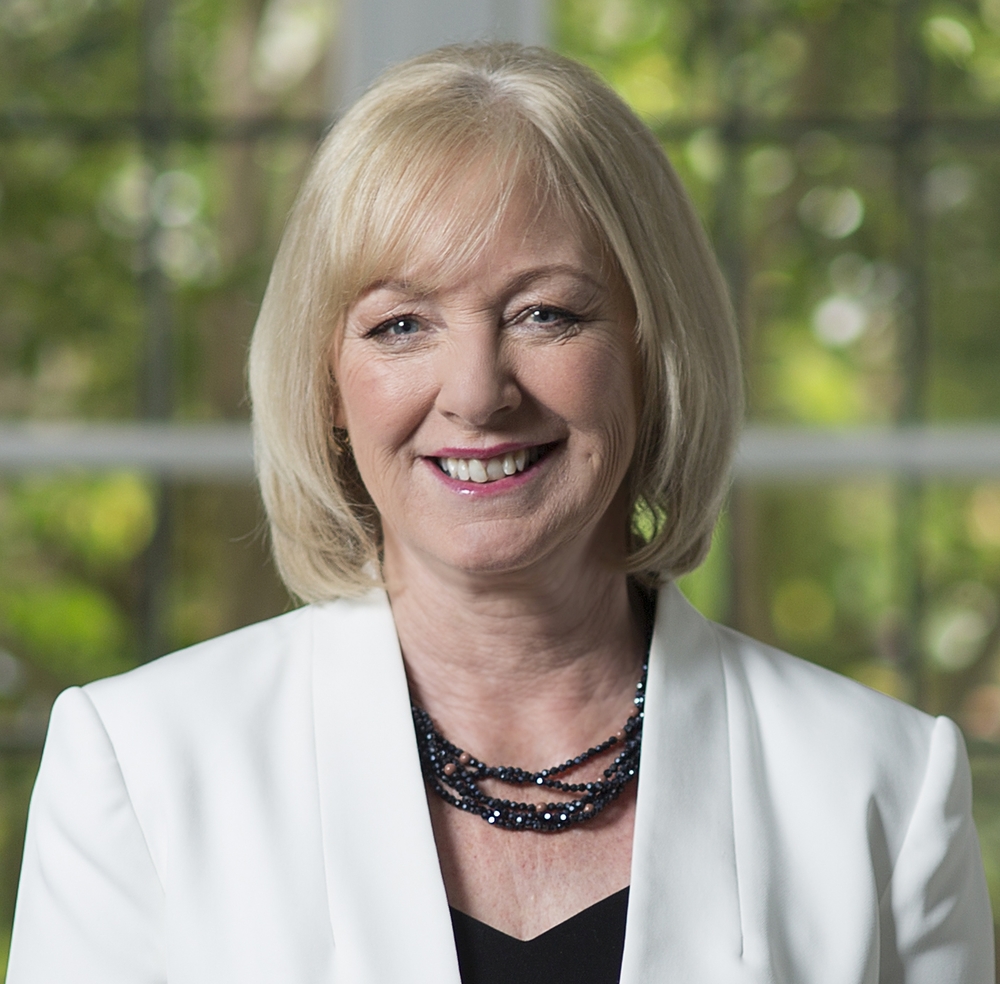Ratepayers may lose control of local water services - MP
Sue Wards
04 July 2021, 6:04 PM
 The government said its proposals tackle underinvestment in the Three Waters sector. PHOTO: Wanaka App
The government said its proposals tackle underinvestment in the Three Waters sector. PHOTO: Wanaka AppThe government’s proposal to establish four publicly-owned entities to take responsibility for drinking water, wastewater and stormwater infrastructure across the country has been criticised by Waitaki MP Jacqui Dean, who says the plan will sideline Queenstown Lakes ratepayers.
Local government minister Nanaia Mahuta said last week the proposal would save ratepayers money and ensure a planned $120 to $185 billion investment in services can be made.
“Without these changes DIA [Department of Internal Affairs] modelling shows that even at the more conservative end of estimates, the average household bill for water services could be as high as $1,900 to $9,000 by 2051, which would be unaffordable for many communities,” she said.
“Under our proposal for four providers those figures range from $800 to $1,640, saving households thousands of dollars.”
Currently 67 councils, including Queenstown Lakes District Council (QLDC) provide most of the country’s Three Waters services.
“Underinvestment, including deferred maintenance and renewals expenditure, has left a legacy of impending costs and poor services for future generations,” Nanaia said.

Jacqui Dean says while there’s a clear case for change, the government’s model may see Queenstown Lakes ratepayers lose control of local water services. PHOTO: Supplied
She said New Zealand needs to invest an estimated $120-$180B to maintain safe, sustainable and environmentally appropriate drinking water, wastewater and stormwater infrastructure over the next 30 years, adding that most local councils won’t be able to shoulder these costs alone.
The government’s solution is four large water entities. Queenstown Lakes would be part of ‘entity D’, which includes most of the South Island, excluding Tasman, Nelson and Marlborough.
Each entity would be governed by an independent board, and have a regional representative group providing for representation of the local authority ‘owners’ of the entity and of mana whenua, with mana whenua and local authorities represented on a 50:50 basis.
Jacqui Dean said while there’s a clear case for change in the Three Waters sector, the government’s model was “far from convincing”, and amalgamating water services would side-line Queenstown Lakes and Central Otago ratepayers and see them lose control of local water services.
“Without an implementation plan for us to look at it’s hard to see how the water assets in this area can be easily merged with those in Waimate or the Mackenzie District.
“Three Waters means local councils will lose control of a precious commodity – water. Entering into a shared services agreement won’t necessarily improve water quality or benefit local ratepayers,” she said.
The government estimated the reforms would grow New Zealand’s GDP by $14 billion to $23 billion over the next 30 years and generate 5,850 to 9,260 full-time equivalent jobs.
“Without this change, communities are going to either face very large bills for water services; or infrastructure will continue to degrade with ongoing health and environmental consequences. Both of these outcomes are unacceptable,” Nanaia said.
She said the government will continue to work with the sector, iwi and industry on some of the details of the proposals, and will make further announcements - including a Three Waters reform support package for councils and their communities - in the next few weeks.






